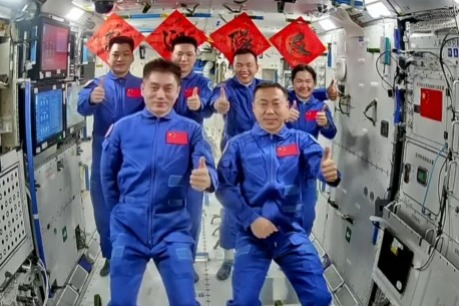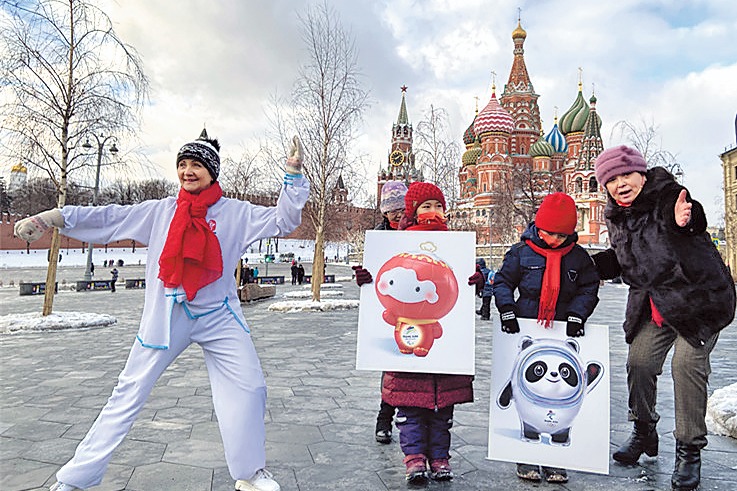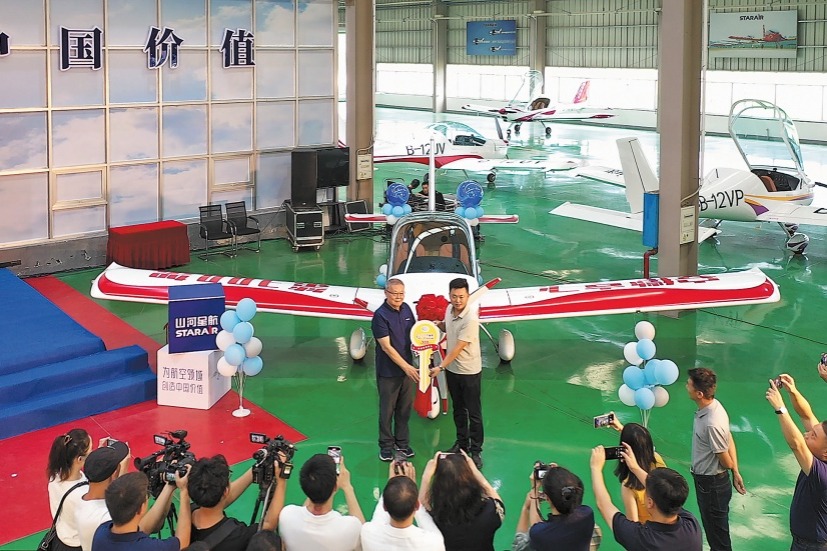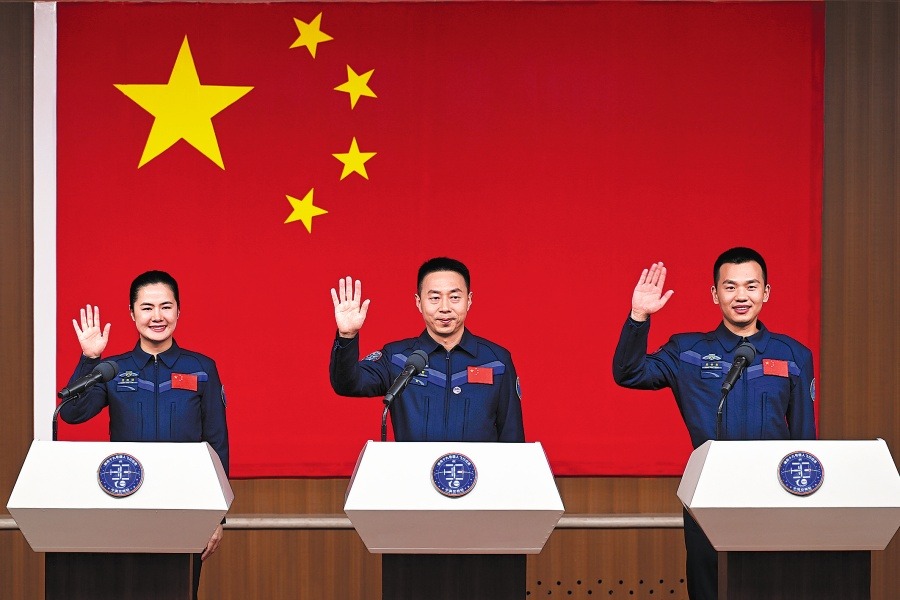Claims against Chinese tech firms unravel
By HENG WEILI in New York and CHEN YINGQUN in Beijing | China Daily | Updated: 2020-08-01 09:13
With Washington testimony from CEOs that no theft found, US case is teetering
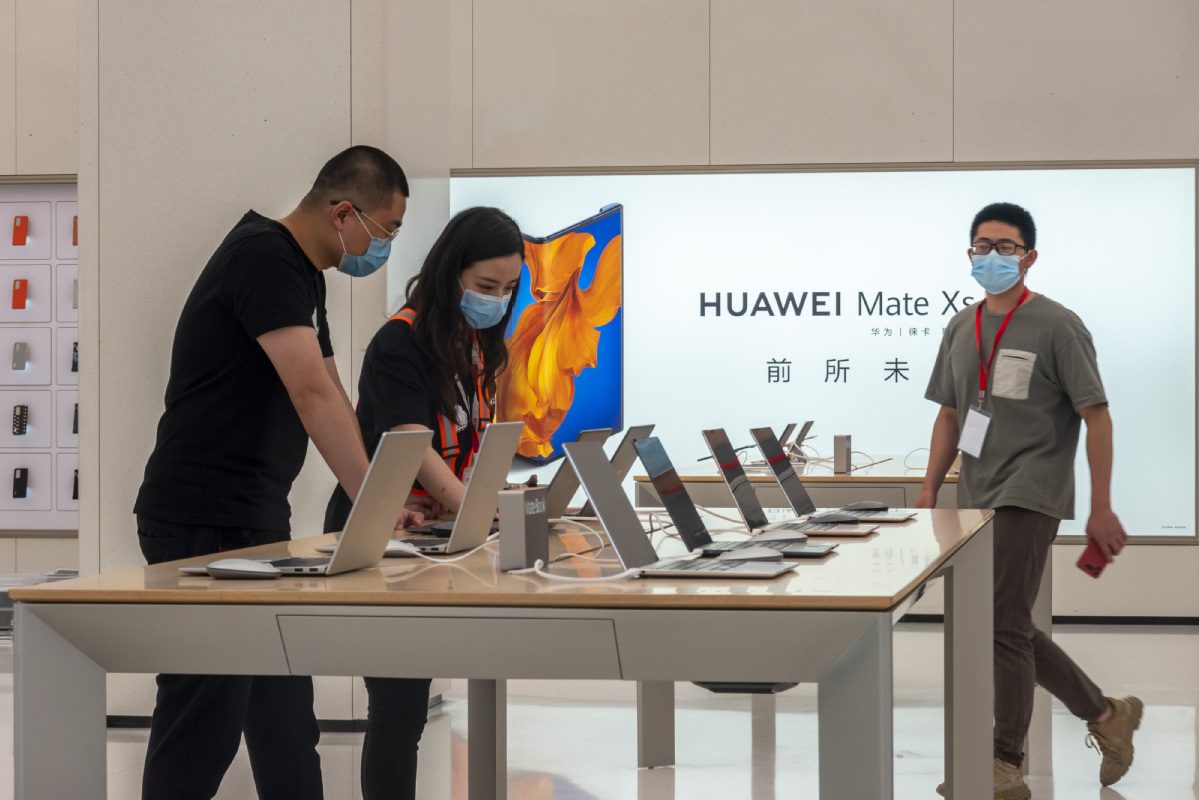
With the rise in what some call "techno-nationalism" in the United States, Chinese companies are facing national security accusations by the US on a broad front-from telecom giant Huawei to popular video app TikTok.
However, three of the four CEOs of major US tech companies that testified on Capitol Hill this past week said they had no knowledge of technology theft by China at their businesses. Their responses contrast with the relentless hunt by the US administration for culprits among Chinese tech companies.
The four CEOs-Tim Cook of Apple, Sundar Pichai of Google's parent Alphabet, Jeff Bezos of Amazon and Mark Zuckerberg of Facebook-were asked on Wednesday at a House Judiciary subcommittee hearing investigating the practices of major US technology companies whether they believed the Chinese government was stealing intellectual property from US companies.
"I know of no case of ours where it occurred," Cook replied to the question posed by Representative Greg Steube, a Florida Republican."I can only speak to firsthand knowledge."
During Cook's opening statement, he called iPhone maker Apple "a uniquely American company". But he also praised Shenzhen-based Huawei, which the US has worked to portray as a national security threat and has coaxed some of its allies to shun the company's gear, as a leader in 5G mobile technology.
"We also know that customers have a lot of choices and that our products face fierce competition,"Cook said."Companies like Samsung, LG, Huawei and Google have built successful businesses with different approaches. We're OK with that. Our goal is the best, not the most."
Pichar said: "I have no firsthand knowledge of any information stolen from Google", which runs the world's most widely used search engine.
Bezos, the world's richest person who runs an omnipresent e-commerce company, mulled the question out loud before answering that it was something "I've read reports of, but don't have personal experience."
Zuckerberg said the allegations of technology theft were "well documented", but didn't provide any specific examples.
He said the fastest-growing app in the world is TikTok, a social media video platform owned by the Chinese company ByteDance.
"History shows that if we don't keep innovating, someone will replace every company here today....If you look at where the top technology companies come from, a decade ago, the vast majority were American. Today, almost half are Chinese."
Zuckerberg's testimony seemed at odds with his previously expressed ardor for China.
In October 2014, he held a 30-minute question-and-answer session entirely in Mandarin at Tsinghua University in Beijing, when he had joined the school's advisory board.
"I'm very glad to be in Beijing," he said to the audience that day. "I love this city. My Chinese is really a mess, but I study using Chinese every day."
At a Canada-China Economic Forum on Monday, Paul Evans, a professor in the School of Public Policy and Global Affairs at the University of British Columbia, said the ban on Huawei's 5G technology is just "the tip of a very large iceberg in the chilly waters of techno-nationalism".
Xu Liping, a senior fellow at the National Institute of International Strategy of the Chinese Academy of Social Sciences, said the US administration has been painstakingly looking for evidence to support its false claim that China has stolen their high-tech technology. But the answers from these tech firm leaders made its lies fall apart, Xu said.
"Some US politicians, who speculate that China has stolen their technology, underestimate Chinese people's wisdom and technological innovation," he said.





